Search Results for Tag: sea ice
Canada poised to head Arctic Council
The Arctic Council is meeting in Kiruna in northern Sweden tomorrow (after a record summer sea ice melt and with CO2 emissions breaking the 400 ppm barrier). Canada will be taking over the Chair from Sweden. China, India, South Korea and Singapore are amongst the countries applying for permanent observer status. The EU wants the same, although some of its members are already represented either as members or permanent observers. Everybody wants a piece of the Arctic cake as climate change opens the once pristine ice desert to commercial exploitation.
Canada doesn’t have the reputation of being a top climate protector. I talked to Eilis Quinn, a journalist with Radio Canada International’s Eye on the Arctic about the feeling in Canada and some of the options on the table. Thanks for sharing those insights Eilis. There will be an article on the website soon. Meanwhile, please have a listen to Eilis’ perspective.
Melting Arctic ice and Europe’s freezing March
It has been an extremely cold start to spring here in Germany and other parts of the European continent this year. Parts of Scotland have been snowed under and lost their electricity supplies. For once, I haven’t had people saying “so much for global warming” etc. Could it be that a majority of people are realising that climate change does not mean a straight, linear, rise in temperature everywhere?
Scientists from the Potsdam Institute for Climate Impact Assessment (PIK) have drawn my attention to a report back in 2010 by Vladimir Petukhov from that organisation indicating that the shrinking Arctic ice (as a result of climate warming) can disturb air streams and change air pressure. This means a higher probability that Europe will get warmer winters more often. Of course there are always various factors involved, but other studies in the past three years have come to similar conclusions.
It may seem like a paradox, but yes, global warming could well be a major factor in bringing us these cool temperatures.
Let me just give you a link to a summary of “Global Warming could cool down temperatures in winter“.
- Spring picnic perhaps? Close to my office. It has melted now, but there is an ICY wind from the north-east.
No ban on bear trade
The debate over whether the trade in polar bear fur and other body parts should be banned has to have been one of the most confusing conservation and climate issues in the headlines over the last week. The meeting of the Convention on International Trade in Endangered Species (CITES) in Bangkok has rejected calls for a ban.
The trouble is that conservationists were divided on the issue. There is widespread agreement that the polar bear population is at risk from habitat loss because of the melting Arctic sea ice, on which it hunts and feeds. The question up for debate at the CITES meeting, though, was whether international trade also puts the bears at risk of extinction. The USA was proposing the ban, arguing that the polar bear population could decline by two-thirds by 2050.
“The continued harvest of polar bears to supply the commercial international trade is not sustainable”, said Dan Ashe, head of the US delegation. Canada, which has the largest portion of the polar bear population, was against the ban. Canada is also the only country that exports polar bear parts. The country says it needs to preserve the traditions of the Inuit. Clearly, protecting the heritage and traditions of the Inuit or other indigenous peoples is an important issue in our globalised age, where minorities struggle to hold on to their identities. But that argument can be used as an excuse for other activities. Is it justifiable to hunt an animal under threat to sell its fur at a huge profit on the international market? I cannot accept the argument some people put forward that a trade ban would detract attention from the real problem of climate change. Sure, climate change is the biggest threat. That means we have to cut emissions – but don’t we also have to do everything we can to reduce pressure on endangered species in the meantime? My colleague Damian Carrington from the Guardian does not mince words here. “Politics trumps precaution every time” is the heading of one of his blog posts from Bangkok.
The issue is not an easy one. The EU abstained from the vote because of opposition from Denmark, as bears are hunted by the Inuit population of Greenland, which still belongs to Denmark. Germany, the UK, the Netherlands and Belgium were in favour of the ban. Russia was with the USA in calling for a ban to protect its bears from poaching. WWF, normally upfront on bear protection, was opposed to the ban.
Whatever the arguments behind the rejection of the ban – it certainly won’t help the iconic species that has come to symbolise the threat to the Arctic. The only positive thing to come out of this is that world attention has been focussed on polar bears and on climate change in the Arctic – and indirectly on the political and economic interests that make some players less keen than others to do something about it.
Polar bear update: “wildlife” or politics?
The Arctic Institute publishes a weekly newsletter “The Arctic this Week” and, not surprisingly, our white furry Arctic residents feature prominently again this time. As the authors, Tom Fries and Kevin Casey point out, they have slipped from the “wildlife” category into the “politics” category, with the debate going on at the CITES meeting. The newsletter went out before the start of the meeting, but it has links to some very interesting background articles on the issue. I recommend a look at their website.
Some ice blog followers drew my attention to links in yesterday’s post which were not working properly. Apologies for any technical hitches. Here are the polar bear links, mine and some of those Tom and Kevin drew my attention to.
Statement by the IUCN polar bear specialists’ group
Polar Bear Politics in the Economist
WWF Tromsö Polar Bear Workshop
Is enough being done to protect polar bears? (International Polar Foundation)
Polar bears to retain “threatened” listing – in Alaska Dispatch
USA, Europe and Russia team up to help bears – in New York Times
Suggestions for further reading welcome!
UNEP concerned about Arctic melt
The UN Environment Programme (UNEP) has issued a warning that last year’s record shrinkage of the Arctic sea ice highlights the risks climate change brings for the planet. The annual review of the state of the world’s environment was presented in Nairobi this week during an ongoing high-level ministerial meeting.
UNEP said the summer sea ice in the Arctic had covered a record low area of 3.4 million square kilometers, 18 percent below the previous recorded minimum in 2007 and 50 percent below the average for the 19802 and 1990s. The report also mentions melting land ice in Greenland and melting permafrost in high latitudes. The figures are not new, but it is significant that UNEP should highlight the Arctic and the fact that no action is being taken in reaction to the evidence which clearly shows climate-change-induced melting.
“Changing environmental conditions in the Arctic, often considered a bellwether for global climate change, have been an issue of concern for some time, but as of yet this awareness has not translated into urgent action”, UNEP Executive Director Achim Steiner said presenting the report on Monday. He warned that the rush to extract oil and gas from the Arctic seabed as the ice retreats could lead to even higher emissions of greenhouse gases.
“What we are seeing is that the melting of ice is prompting a rush for exactly the fossil-fuel resources that fuelled the melt in the first place”, said Steiner.
Now this is a sentiment Greenpeace, WWF Arctic and other groups have been expressing for years. Here we have it from the world’s key environment watchdog.
“The rush to exploit these vast untapped reserves has consequences that must be carefully thought through by countries everywhere, given the global impacts and issues at stake”.
Meanwhile, this week, Russian President Vladimir Putin signed the country’s “strategic program on Arctic development up to 2020. Enough said?
For anyone who wants to catch up on the Arctic development story, here are a few links.
Polar ice sheets melting faster than ever
Business opportunities boom in the Arctic
Sea levels rising faster than expected
China’s Arctic ambitions spark concern
Energy giants cooperate for Arctic resources



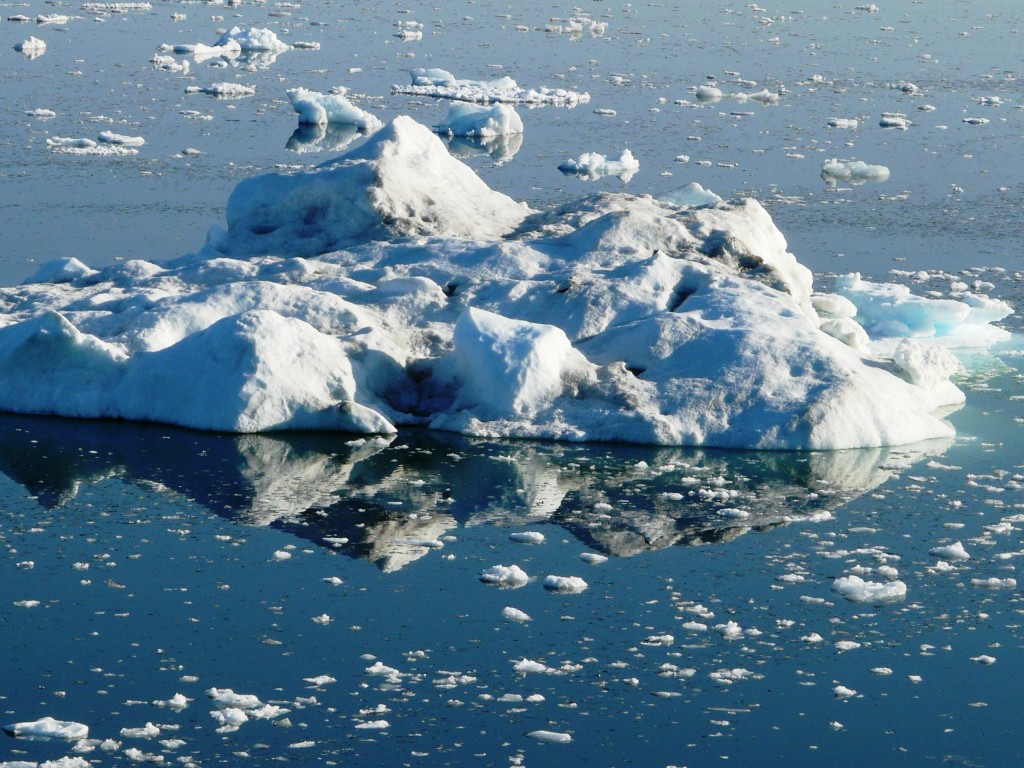

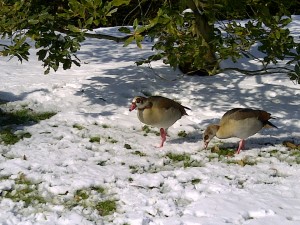
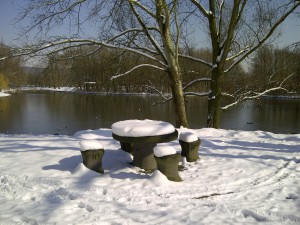
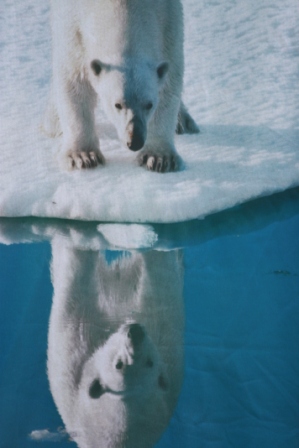
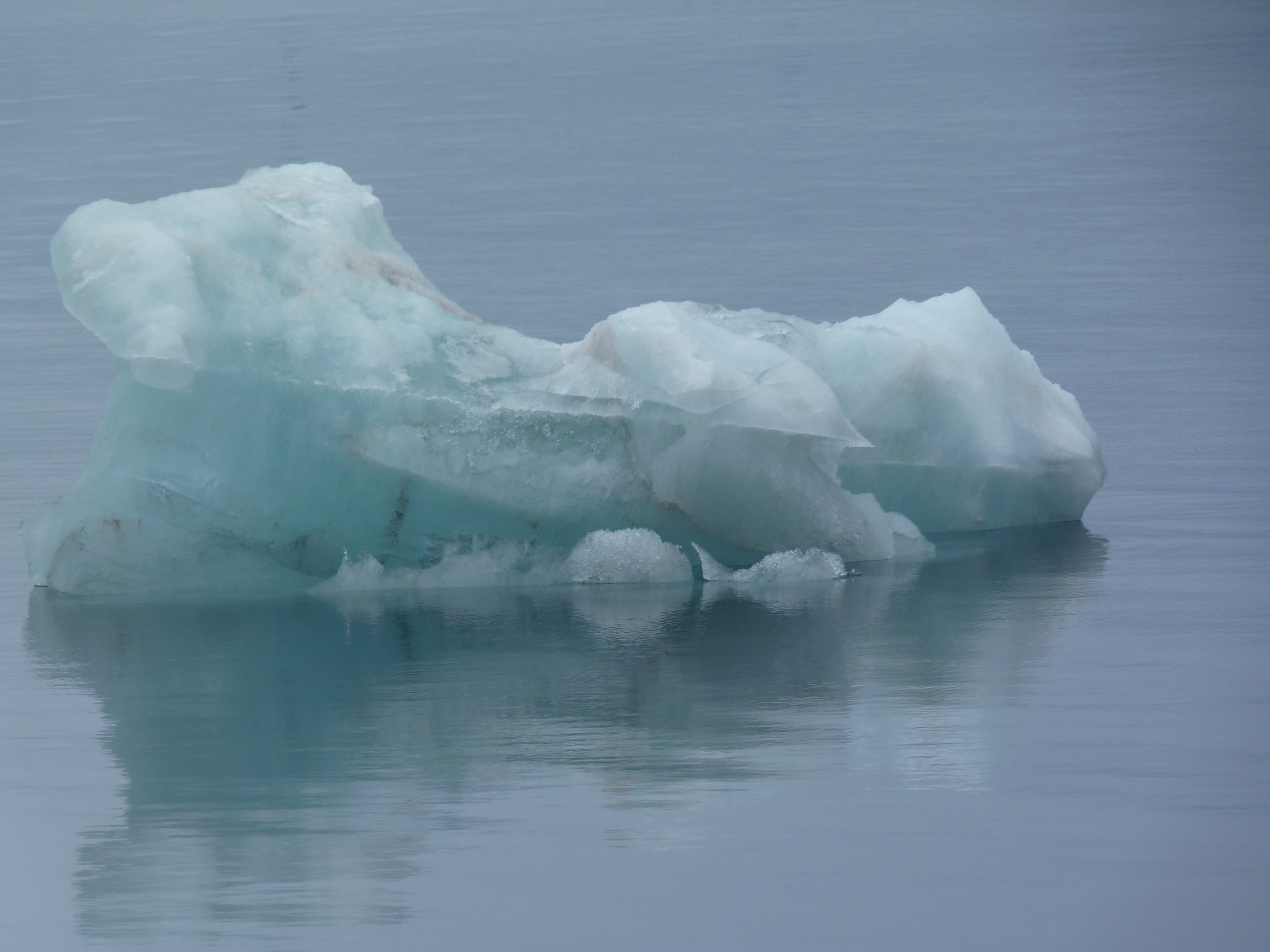
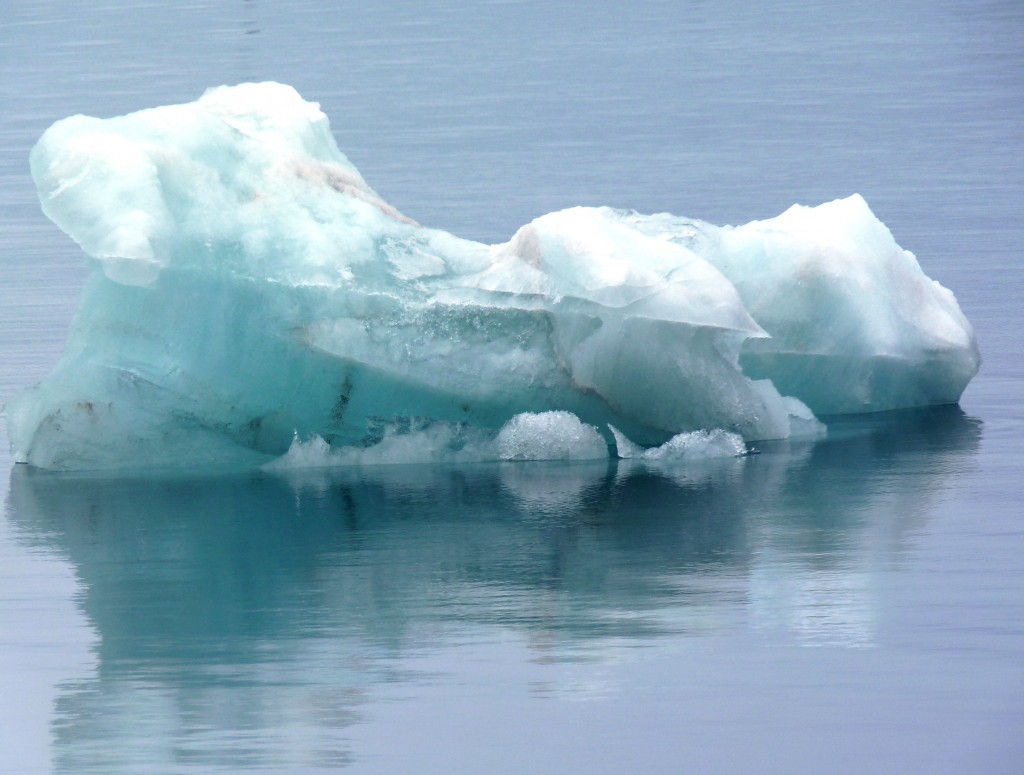
















Feedback